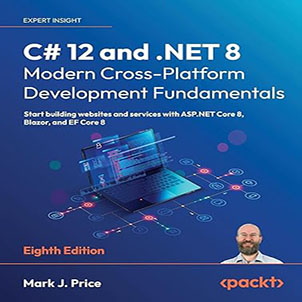Two separate competitions were run, aimed at different school groups: primary and secondary. The secondary competition had two phases.
Find out about all the winners and their experimentshere.
In 2014, theRaspberry Pi Foundationjoined forces with theUK Space AgencyESA,and theUK Space Trade Associationto run a competition that gave school-age students in the UK the chance to devise computer science experiments for Tim Peake to run aboard the ISS.
Five winners were selected from three different UKcurriculumage groups:
Winning students from Cranmere Primary School
This ran from December 2014 to July 2015. Here is our competition video, voiced by Tim Peake himself:
The primary school competition was aimed at students aged 11 and under (UK Key Stage 2). They were required to submit a big idea for how they would use the Astro Pi computers on the ISS. These were then judged based on their originality, creativity, practicality, and usefulness. Two winners were chosen who then worked with the Raspberry Pi Foundation to code, test, and prepare their software for space flight.
This is Astro Pi by Raspberry Pi Foundation on Vimeo, the home for high quality videos and the people who love them.
The winning programs were all tested on the flight hardware by the Raspberry Pi Foundation, and formed part of the Astro Pi payload that waslaunchedto the ISS on December 6th 2015. Tim deployed the two Astro Pis in different modules inside the ISS, where they autonomously ran the student experiments over the course of a few weeks. The data they collected was downloaded to Earth andmade availablefor everyone to see.
The secondary competition was for students aged 11-18. Phase one was identical to the primary competition and ran in parallel, with entries judged in the same way. However, in phase two they were required to code their experiments on their own Raspberry Pis with Sense HATs and finally submit the completed software. These were then judged again alongside a number of space themes set out by the UK Space Trade Associationcompanies.



